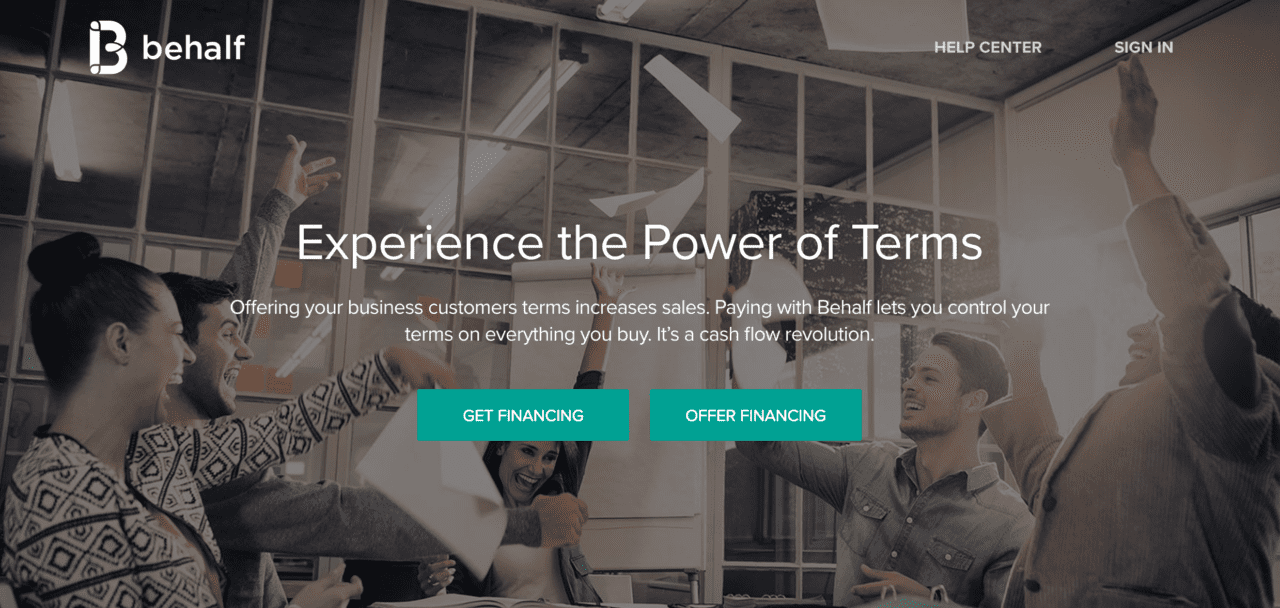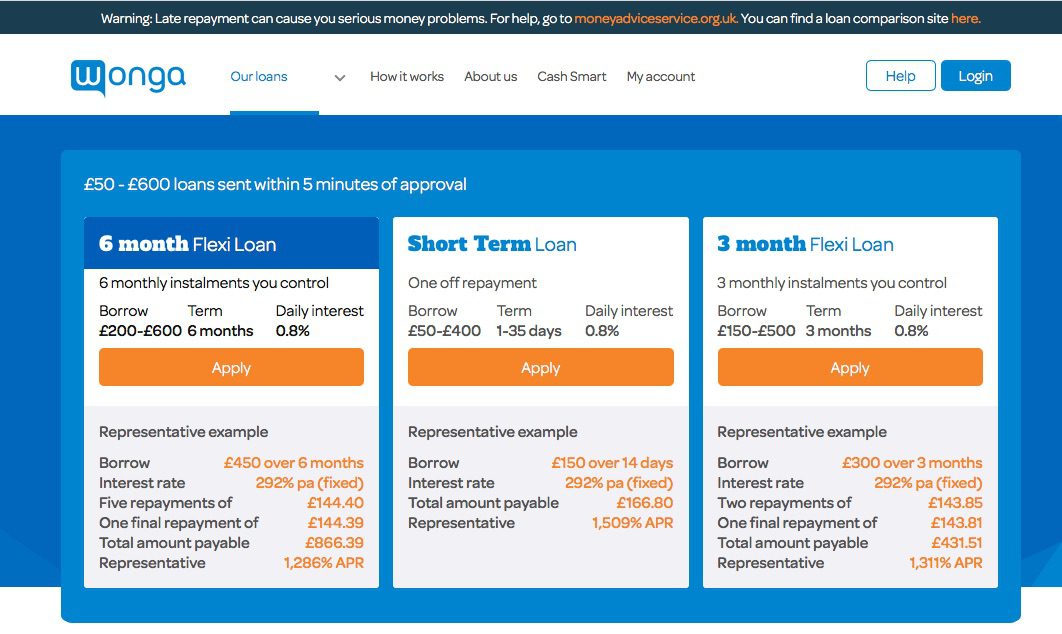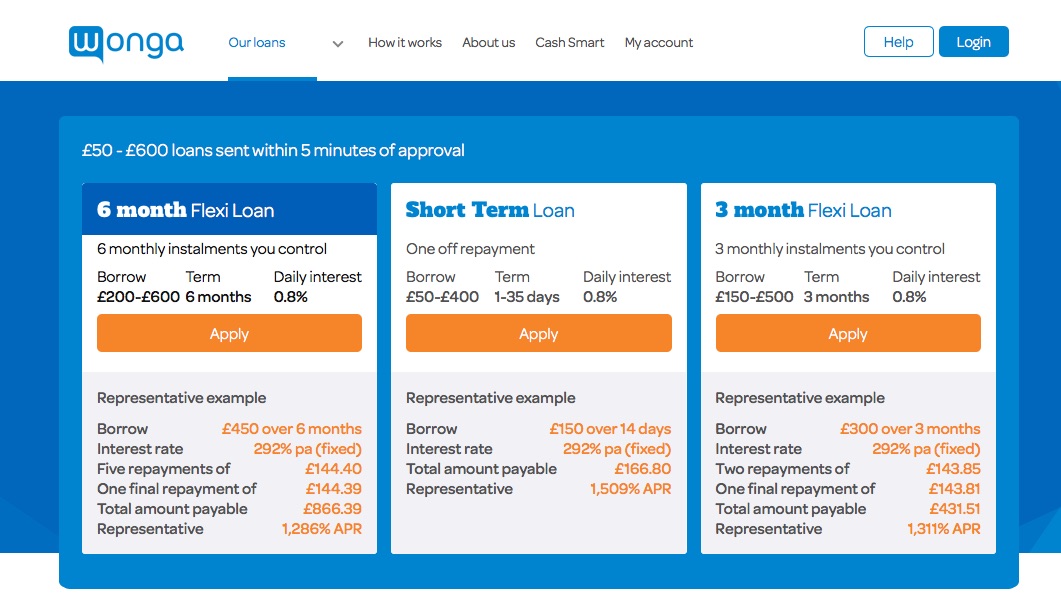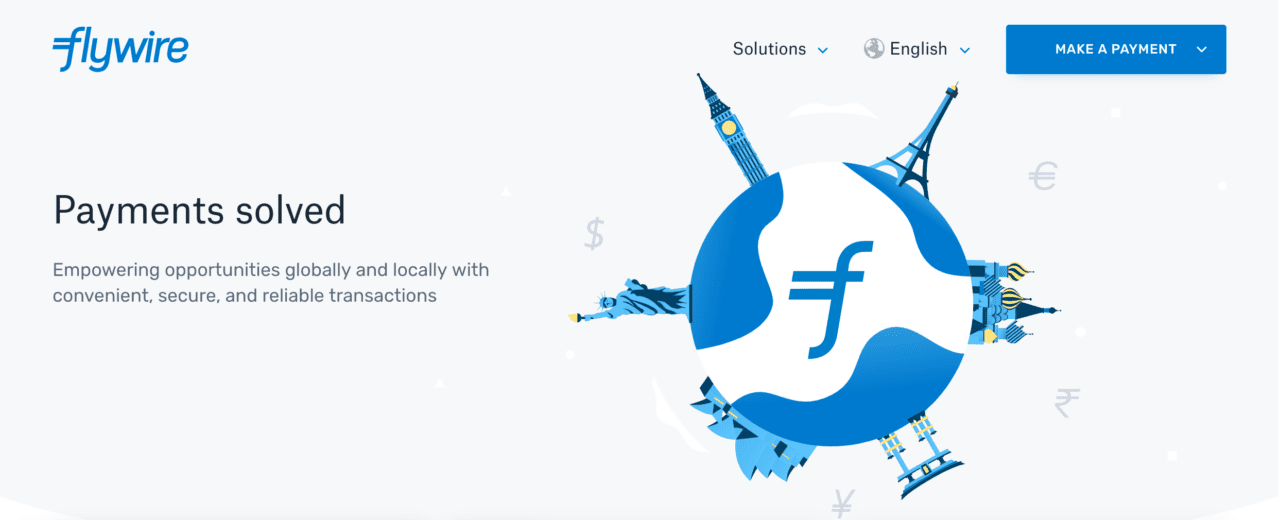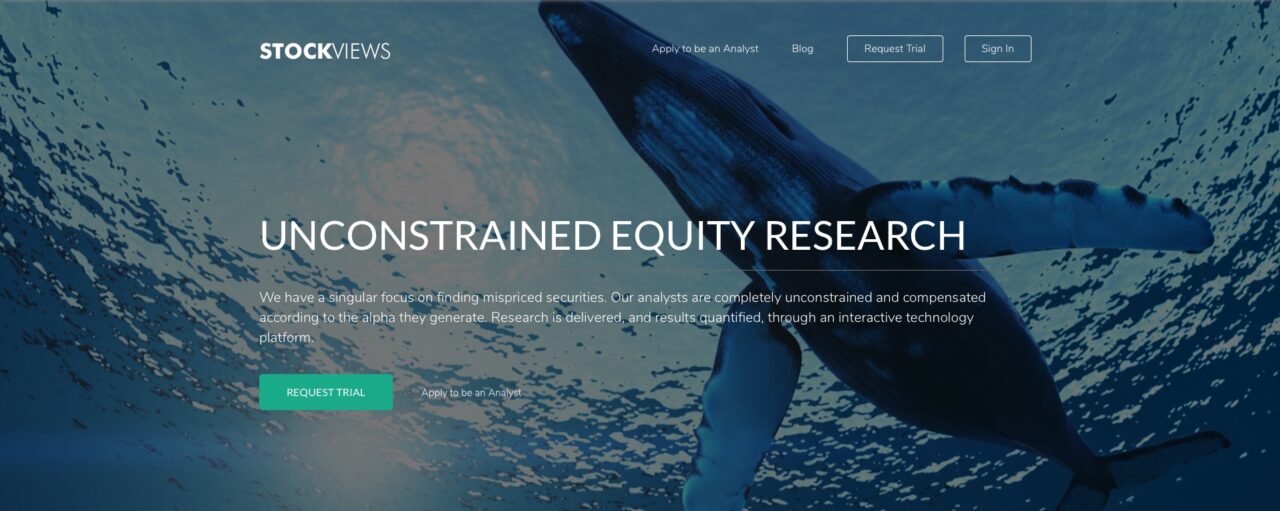
Cognitive banking innovator Personetics announced an investment from United Overseas Bank (UOB) last week. The amount of the investment, which adds to the company’s previous $18 million in equity funding, was not disclosed. But The Business Times reports that UOB now holds a minority stake in Personetics.
“Today, UOB becomes the first bank in Asia to join this revolution in digital banking,” Personetics Co-founder and CEO, David Sosna, said. He praised the Singapore-based bank’s vision and “its commitment to the financial well-being of its customers.”
With more than 500 offices in 19 countries and territories in the Asia Pacific region, UOB will leverage Personetics’ technology to extend its own machine learning and data analytics capabilities. Dennis Khoo, UOB head of regional digital bank and strategic initiatives, added that Personetics’ technology will also enable it to improve customer engagement and “design more innovative, responsive and responsible digital banking services.”
Personetics cognitive banking solutions power personalized real-time guidance for more than 15 million digital users. With a combination of machine learning, natural language understanding, and AI-powered predictive analytics, the company’s technology enables FIs to provide their customers with highly-relevant, personalized insights and actionable advice to plan for their financial futures as well as manage everyday financial challenges.
Partnered with six of the top 12 banks in North America and Europe, and serving more than 50 million customers around the world, Personetics’ solutions provide FIs with conversational self-service (Personetics Assist), predictive insights and advice (Personetics Engage), and algorithm-based money management (Personetics Act). The company’s technology has analyzed more than 29 billion transactions and personalized more than 4.8 billion customer interactions.
Headquartered in Tel Aviv, Israel, Personetics demonstrated its Personetics Anywhere chatbot solution at FinovateFall 2016. Last month, the company unveiled a new offering designed especially for digital-only and challenger banks. This spring, Personetics announced that Banca Transilvania, the second largest bank in Romania with more than 2.2 million customers, will add its technology to its internet and mobile banking platform. Personetics began the year teaming up with Israel Discount Bank to power the $48 billion institution’s new digital financial assistant, Didi.



